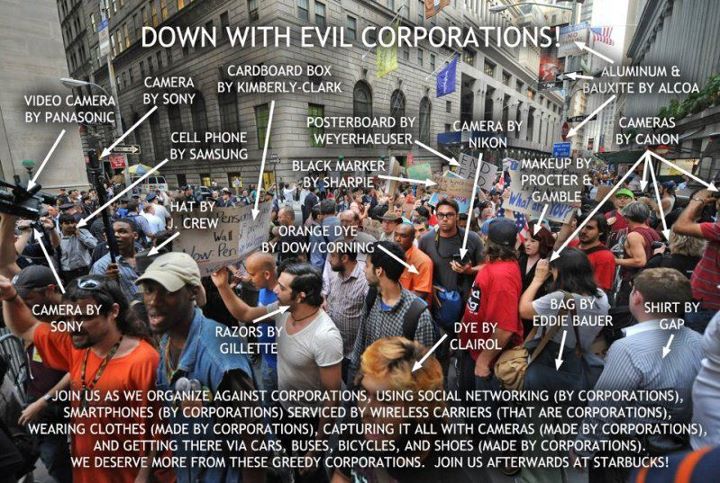Monday, October 24th, 2011. While facing a crowd of journalists and activists gathered at London’s Frontline Club for a momentous Wikileaks press conference, Julian Assange looks nervous. Today he has to deal with the inner contradictions of his political project. No, I’m not talking about the legal consequences of his extradition case. Nor about the ongoing fratricidal struggle with his former associate Daniel Domscheit-Berg. Nor about the very polarized reactions to the whole Cablegate undertaking by the global audiences. I’m talking about this…
Yes, Julian Assange has many reasons to be nervous. After the financial blockade, the leak has been reduced to a tickle. “A handful of US finance companies have successfully blocked 95% of worldwide support for WikiLeaks”. Is there, as he implies, a conspiracy against Wikileaks? That would be ironic, as the very implementation of Wikileaks was supposed to single-handedly put an end to conspiracies (according to this seminal 2006 paper, penned by Assange himself). Well, not about as ironic as this: apparently the only way for Wikileaks to counter Bank of America and Paypal is to become as profitable as they are. Open up to “more wealthy donors”. Provide the general public with projections about donations (and, supposedly, tax deductibility). What’s next? Selling shares to new investors via an IPO?

This is not me being callous. Those are actual questions. For every political venture, be it Wikileaks or the Occupy movement at large, inner contradictions are a reminder of an inescapable principle of immanence. Although political protest might be motivated by the thought of bearing and practicing some higher political truth (cf. Alain Badiou’s notion of politics as a self-reliant truth procedure), this thought mingles in an immanent way with the material landscape of our everyday lives – which is indeniably held hostage by a corporate procedure. The same principle of immanence makes Assange and friends wonder about the organizational structure Wikileaks will have to adopt if it wants to survive in such a context. As stated at the very beginning of the press conference, the NGOs’ way is not safe: “Amnesty, Greenpeace and the other NGOs might face tomorrow what Wikileaks is facing today”. So the only available option seems to be for Wikileaks to become an activist, transparent corporation to better fight greedy, conspiring corporations. An echo of the white hats/black hats divide in hacker culture, maybe. Or maybe just a way of overcoming contradictions not by denying but by endorsing them.
ps. This blogpost is indebted to @federicacocco for her precious livetweet from the Wikileaks Frontline Club press confence.